Reading time: 6 minutes
When crisis strikes, one imagines members of government or heads of state stoically dealing with the issue at hand. A picture that doesn’t come to mind is a head of state and a secretary of defence discussing unification plans over lunch. On 16 June 1940, this is exactly what happened, when Winston Churchill and Charles de Gaulle discussed the idea of a ‘Franco-British Union’. Meanwhile, France was on the verge of succumbing to Nazi German rule. Given the two countries long, frigid history, the proposal seemed odd, highlighting two questions. Was the Franco-British Union a masterpiece, or a mad scheme born of desperation? And why was the notion so short-lived?
By Madison Moulton
The Various Unification Attempts
The idea of a unified Britain and France wasn’t something new. Unification came close in 1422, during the height of the Hundred Year’s War. A young King Henry VI was crowned King Henry II of France, a triumph for Britain. Despite this, the King held little influence across all of France. Soon, the French would win this war and drive Britain out.
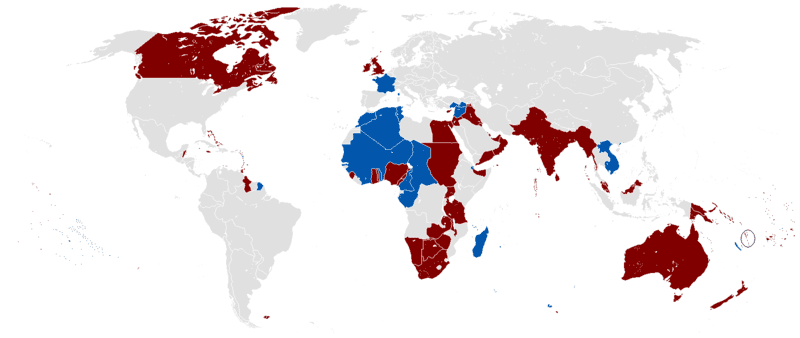
Since 1940, there has been one more official attempt at a Franco-British Union; a mere 16 years later, during the Suez Canal crisis. Britain and France faced international embarrassment when they failed to prevent Egypt from seizing the canal. Again, during a time of crisis, the two nations turned to each other to establish a new powerful state. Now, it would rival the United States, rather than Nazi Germany. The proposal wasn’t popular among the French and British public or amongst some politicians. Instead, the idea of a European Union was born.
The attempt during the Second World War remains the most famous of them all. The proposal rose rapidly but collapsed just as fast, despite being supported by several politicians and members of parliament across both countries.
The Franco-British Union of 1940
The unification of the two states seemed like a step in the right direction, especially with the likely defeat of France in the Battle of France. The proposal, initially brought to the table by Jean Monnet, head of the Anglo-French Coordinating committee, was swept up by British officials. Churchill took some convincing, but the idea gained traction.
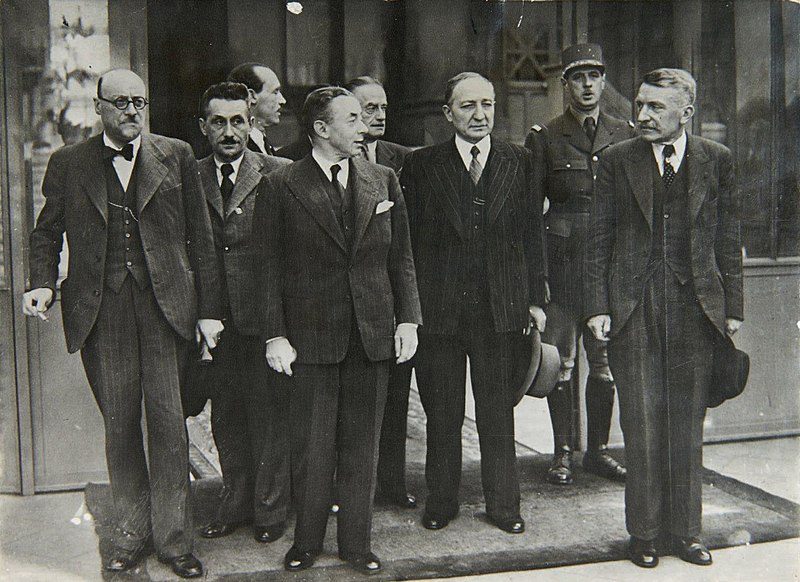
The French Prime Minister Paul Reynaud embraced it, seeing the union as an opportunity for France to successfully stay in the war. The proposal simply outlined that the organs of government would be unified. This would join the defence, foreign, financial, and economic policies of both states. The positions of heads of state would also be merged. France would have a monarch again and Britain a president.
Once the proposal was drafted, France was left with two options: unite with Britain, or surrender to Germany.
The latter would ultimately break the separate peace agreement between the two nations signed in March 1940. However, the proposed Franco-British Union fell on deaf ears in the French parliament. Defeatism had taken root within the French government, along with resentment toward Britain. They felt that the French had been abandoned by the English military at Dunkirk, despite the hundreds of thousand’s of French soldiers also rescued.
The ‘last minute’ proposal was also seen as a last-ditch effort for Britain to further its imperial rule. Members of the French government felt that being part of Nazi Germany was better than being an English colony. Thus, the French entered into an armistice with Germany. Reynaud resigned almost immediately, without taking a vote on the armistice deal, calling the failure the greatest disappointment of his career.
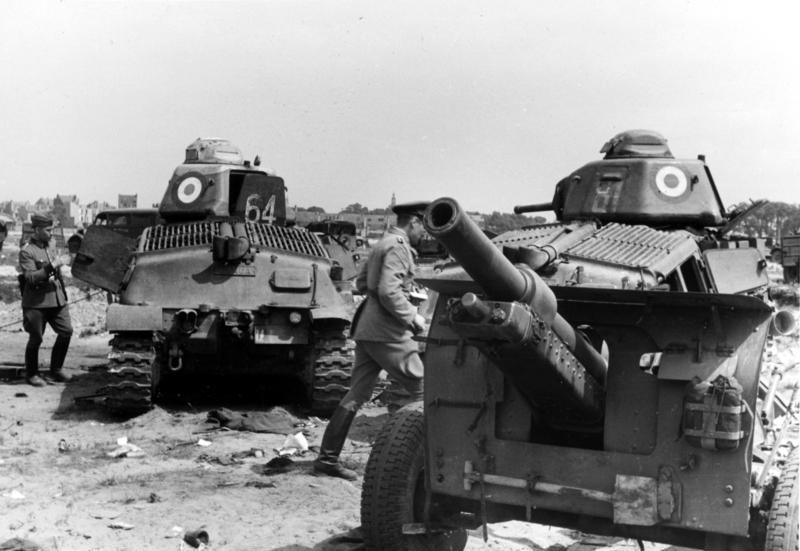
The Failure
The failure of the Franco-British Union shouldn’t have been a surprise, given the history of both states. Economically and politically, a Franco-British Union could have easily rivalled the rising United States and given way to a British-Franco-led United States of Europe, reshaping the international political landscape as we know it today.
Throughout history Britain and France were predominantly enemies. Their long rivalry includes several prominent conflicts. The Hundred Years’ War and the French Revolution saw the French successfully pulling away from British rule and ideals. The re-introduction of a ruling monarch as set out by the Union proposal goes against everything that was established after the revolution.
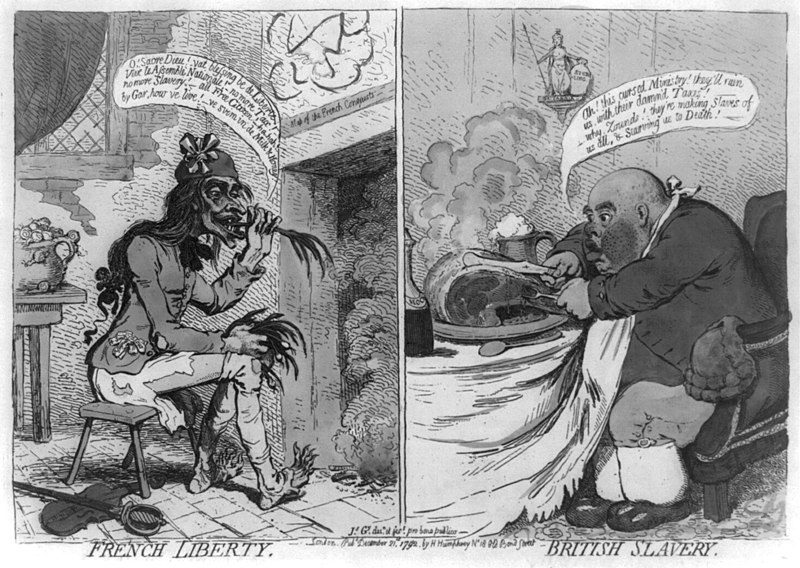
The Napoleonic Wars and the Seven Years’ War, on the other hand, saw Great Britain maintain its political power and stronghold.
The two imperial powerhouses battled to maintain their ‘superpower’ status through the late 20th and early 21st centuries. They remained each other’s ‘dearest enemies’, as described by French author, José-Alain Fralon, sometimes agreeing, other times disagreeing on certain international-political issues.
Madness or Masterpiece?
Given the complex history between France and Britain, the answer isn’t straightforward. The Franco-British Union is a scheme that had the potential to be genius. The idea, during WW2 and even the Suez Canal crisis, could have changed the course of history.
But, the lack of planning, although understandable considering the circumstances, worked against it. The rushed proposal didn’t take into account the shared histories between the two. This supports the notion that the idea was born out of desperation – either for Britain to grab colonial power, or for the pair to rise together, so they wouldn’t succumb to Nazi Germany.
The failure of the Franco-British Union would ultimately affect France more severely than Britain. They had to endure years of German occupation and the indignity of having to work and in some cases fight against their former British allies.
Ultimately, the Franco-British Union was a potentially genius plan, also born of desperation. The political and economic potential of the Union was massive, but Britain and France’s long history played a large role in its failure in 1940. Their strong ideals and nationalism kept it from coming to fruition later on too. The proposal spawned from the pair desperately try to maintain political and military footing in the face of adversity, but they ultimately chose to face adversity by other means.


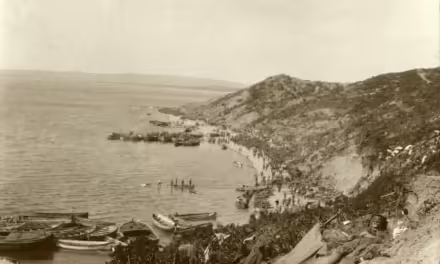

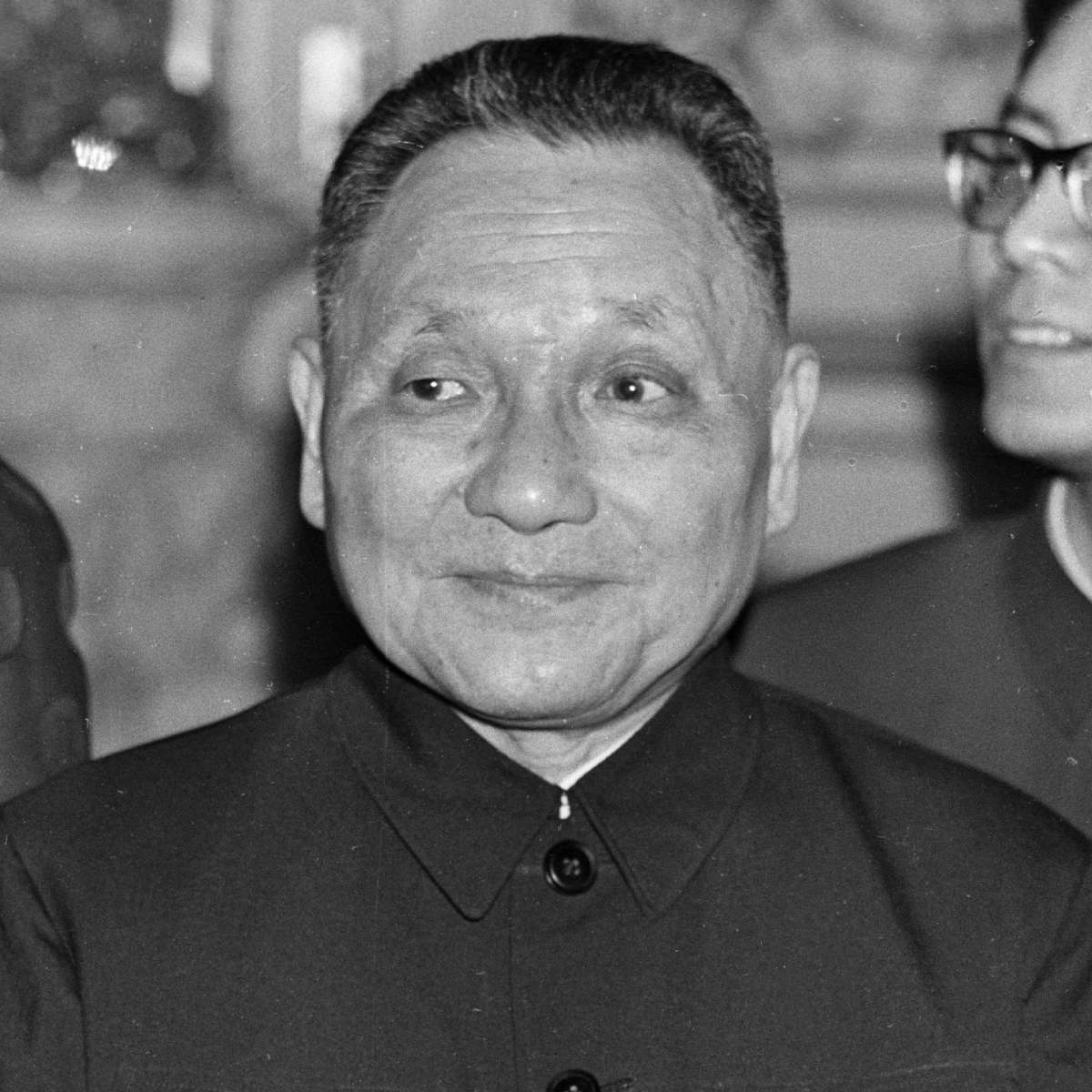
Trackbacks/Pingbacks